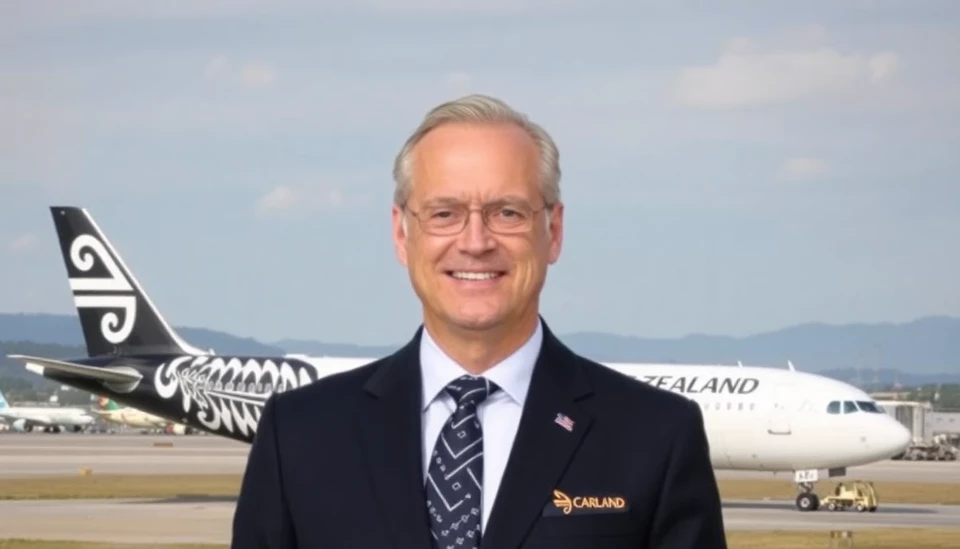
In a groundbreaking move that underscores the interconnectedness of global industries, the world’s foremost retailer has initiated efforts to support Air New Zealand in a bid to stabilize the airline’s operations. This intervention comes at a critical juncture as Air New Zealand faces myriad challenges stemming from a turbulent economic environment that has severely impacted its performance.
Sources indicate that the decision was spurred by a combination of factors, including rising operational costs, fluctuating travel demands, and heightened competition within the aviation sector. Air New Zealand, long considered a flagship airline in the South Pacific, has been grappling with mounting financial pressures that have jeopardized its capacity to maintain services and manage overheads in light of recent economic uncertainties.
The intervention from the leading retailer — whose identity remains discreet at this stage — aims to inject much-needed capital into Air New Zealand. Analysts suggest that this partnership could potentially provide vital resources allowing the airline to navigate through its current financial downturn, prioritize essential changes in operations, and enhance its service offerings.
Industry experts herald this development as a transformative step not just for Air New Zealand but also for the airline industry as a whole. The partnership signals a shift towards more integrated operational models where retail giants may take more active roles in supporting other sectors, particularly those significantly affected by macroeconomic challenges. It raises questions about how such alliances could reshape business resiliency and sustainability in an increasingly volatile market.
As details unfold regarding the nature of this support — be it financial backing, operational guidance, or strategic advisement — stakeholders within the aviation industry watch closely. The ramifications of this collaboration could extend beyond Air New Zealand, potentially inspiring similar alliances among other airlines globally grappling with the repercussions of shifting consumer behavior and market dynamics.
While this development is optimistic, it is also tinged with apprehension. Critics are wary about the implications such a partnership might hold for airline autonomy and operational independence. Additionally, there is concern over whether the support mechanism can sufficiently address the deeply-rooted issues faced by the airline or merely serve as a band-aid solution.
As Air New Zealand embarks on this new path, its leadership is keenly aware that regaining customer confidence will be paramount. The airline must balance recovery strategies while reaffirming its commitment to safety, reliability, and quality service, all critical attributes that passengers expect from an leading international airline.
With travel demand continuing to evolve and the airline's future hanging in the balance, all eyes will be on this partnership, hoping it heralds a renaissance not just for Air New Zealand, but also for the aviation industry amidst ongoing challenges.
In summary, the collaboration between the world's largest retailer and Air New Zealand potentially marks a pivotal moment in both the retail and airline sectors. Stakeholders are eager to see how this relationship unfolds and what it could mean for the future of air travel in an era defined by transformation and resilience.
#AirNewZealand #RetailPartnership #AviationIndustry #BusinessResilience #EconomicSupport
Author: John Harris
